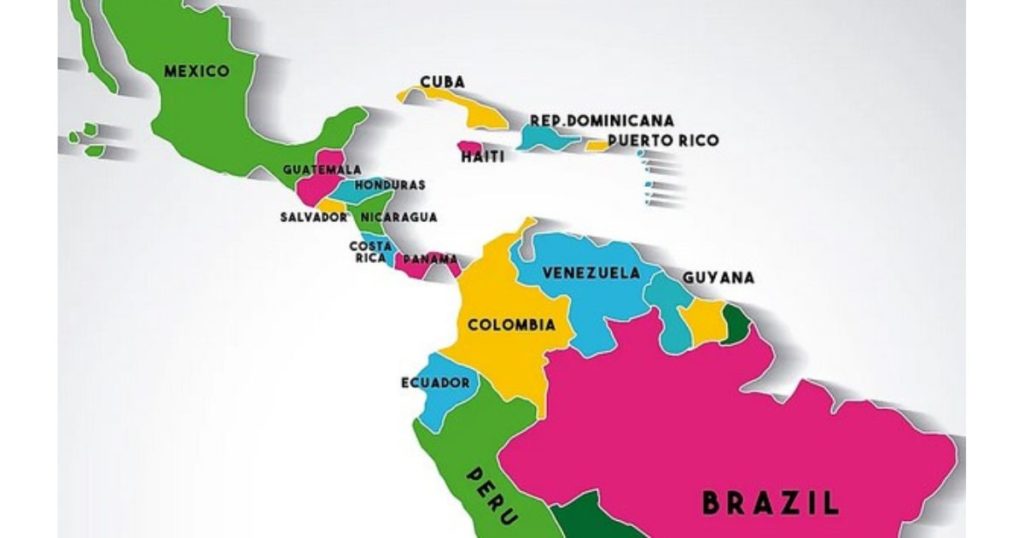
This series is hosted by the ICPJ Latin America Caucus and the Huron Valley Democratic Socialists of America, and U-M Latin American & Caribbean Studies (LACS).
Please share the flyer available at this link.
Registration is free and open to all, donations welcome.
Please note: unlike previous years, this year, there is a different link for each event to register. Contact Info@ICPJ.org if you have questions.
Colombia At A Glance: Challenges And Opportunities
Tuesday, January 10th 7-9pm
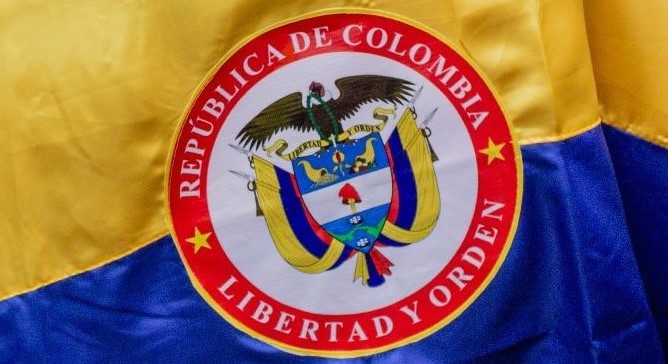
Martha Inés Romero, current Secretary General of the global peace movement Pax Christi International, will speak about Colombia’s historic 2016 peace accord (the implementation process and prospects since the 2022 presidential election); comprehensive peace and what it implies; and challenges for civil society organizations and social movements.

Martha Inés, a Colombian social development professional, has over three decades of experience in the accompaniment of community processes in design, implementation, monitoring and evaluation of development projects, humanitarian relief and peacebuilding and reconciliation processes. With studies and experience in peace building and conflict transformation, based on theory of change and non-violence, she has worked extensively in Latin America and the Caribbean and more in-depth in Colombia, with focus on the internal conflict and its impact on vulnerable communities such as Indigenous and Afro-descendants, as well as the impact on women and gender-based violence. For the past 31 years, as a representative of international agencies as well as peace practitioner, Martha-Inés has been dedicated to promoting nonviolence programs with a focus on grassroots communities and a gender-equality rights approach.
Venezuela’s Journey from Hope to Heartbreak: An Inside Unfinished Tale
Wednesday, February 15th 7-9pm
Lisa Sullivan, former Maryknoll lay missioner and SOA Watch activist, will speak on the issues facing the Venezuelan People, sharing her experience of living and working under the current regime. She will cover the economic, political and human rights concerns, as well as the unprecedented migration from the country. Venezuela, under the leadership of Hugo Chávez from 1999 to 2013 and Nicolás Maduro since then, has experienced acute political polarization and economic crisis aggravated by U.S. sanctions.
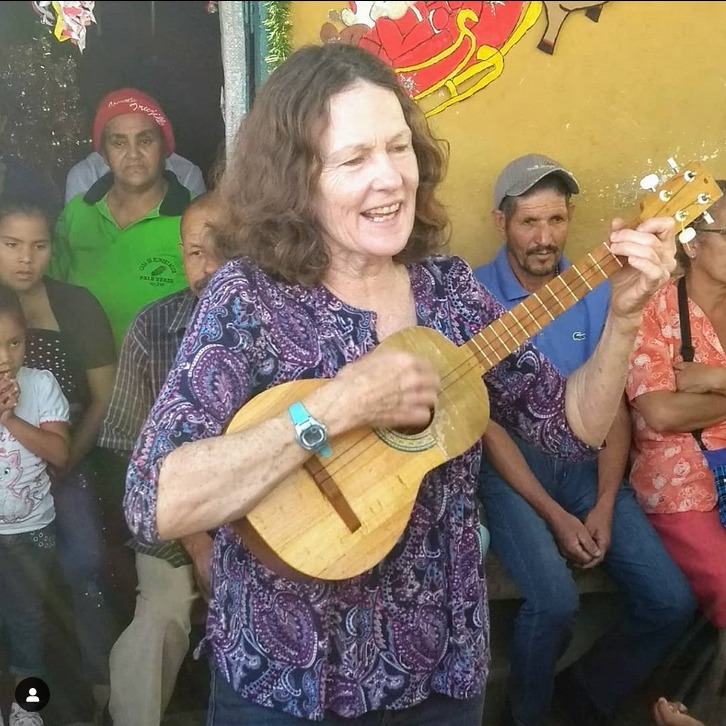
Lisa lived in Venezuela for 37 years, returning to the US a few months ago. She served as a Maryknoll lay missioner for 21 years, then as coordinator of the School of the Americas Watch Latin America Project, organizing citizen diplomacy delegations to 18 countries. She raised her three children in the western barrios of Barquisimeto where they were surrounded by a loving community and vibrant social movement. She and her partner Ledys Navas founded the Centro Cultural San Juan, where for 20 years they taught children to play the traditional Venezuelan instruments of cuatro and tambor. They established Conuco Colibrí, a permaculture teaching farm and retreat center in the Andes mountains. Currently Lisa works with the Maryknoll Office for Global Concerns in Washington, DC as their Climate Justice Coordinator.
El Salvador & Honduras: Esperanza Y Lucha / Hope And Struggle
Wednesday, March 15th 7-9pm
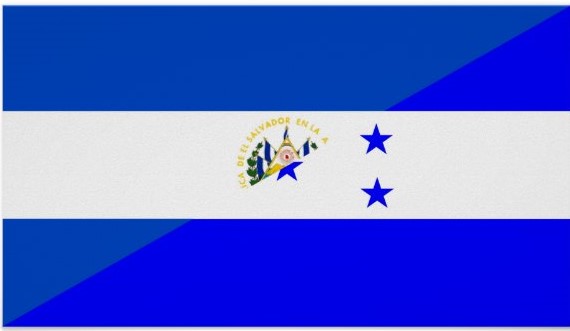
José Artiga will give a presentation on issues in El Salvador and Honduras (same evening), speaking on what’s happening in each country vis-a-vis democracy, social movements, U.S. policies, etc. He recently visited both countries on a human rights delegation in December 2022. El Salvador has been moving in an increasingly authoritarian direction since the 2019 election of Pres. Nayib Bukele, while in Honduras the 2021 election of Pres. Xiomara Castro raised hope for progressive reforms to repair the damage done since the 2009 coup.
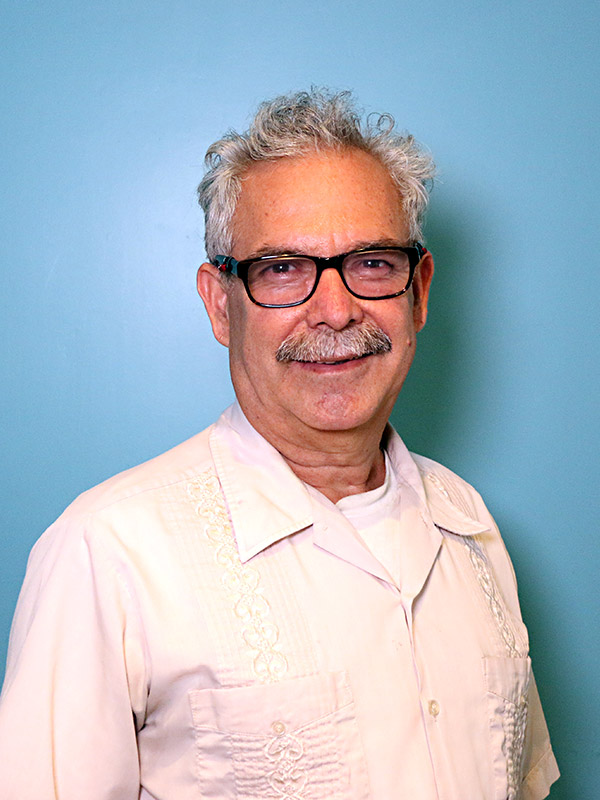
José Artiga is the Executive Director of The SHARE FOUNDATION. For nearly 42 years, SHARE has provided material, political, and moral support to the people of El Salvador and developed enduring sister-relationships between faith, civic, labor and community organizations with El Salvador and the United States, and more recently with Honduras.
SHARE has sent over 10,000 U.S. delegates to visit El Salvador and Honduras. José escaped the death squads in El Salvador after the assassination of Monseñor Romero in 1980. A co-founder of the Public Sanctuary movement, he was one of the first refugees in sanctuary. José is a leader of the immigrant rights movement today, analyzing the root causes of migration.
Brazil: A New Cycle of Hope
Tuesday, April 18th 7-9pm
Dr. Zeus Moreno Romero, Professor of Social History, Universidade Estadual de Londrina, Brazil, will speak about the challenges facing the incoming administration of Pres. Lula da Silva, including undoing the damage done by the previous president Jair Bolsonaro in terms of indigenous rights, the environment, and democracy.
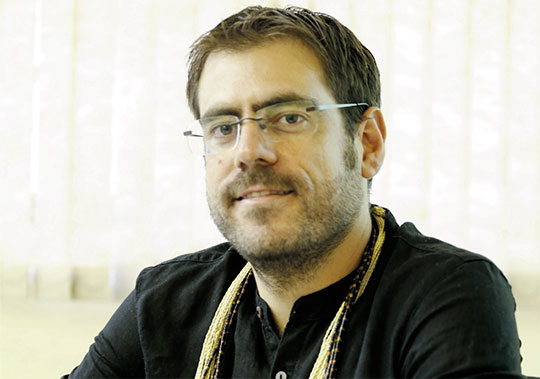
Dr. Romero participates in research groups on Indigenous and Afro-American Cultures at the University of Barcelona, and on Cooperativism, Rural Development, and Solidarity Enterprises in the European Union and Latin America at the University of Alicante, Spain. He works as an external collaborator with a research group on Contemporary Brazil at the State University of Maringá and as a researcher with the Socio Environmental Geography group at the Federal University of Rodônia, Brazil. He received his Bachelor’s degree in History from the University of Barcelona (2011), and his Master’s (2014) and Doctorate (2020) in History from the State University of Maringá in Brazil (2014). He worked for ten years at the Casa América Catalunya cultural institution in Barcelona where he made several educational documentaries on historical topics. His specialty is in the areas of Indigenous History, History of Africa and of the Americas, focusing mainly on History of Indigenous peoples, the Amazon region, History Education, Afro America, Africa and Latin America.
Mexico: Accountability for Mass Kidnappings & Disappearances
Tuesday, May 9th 7-9pm
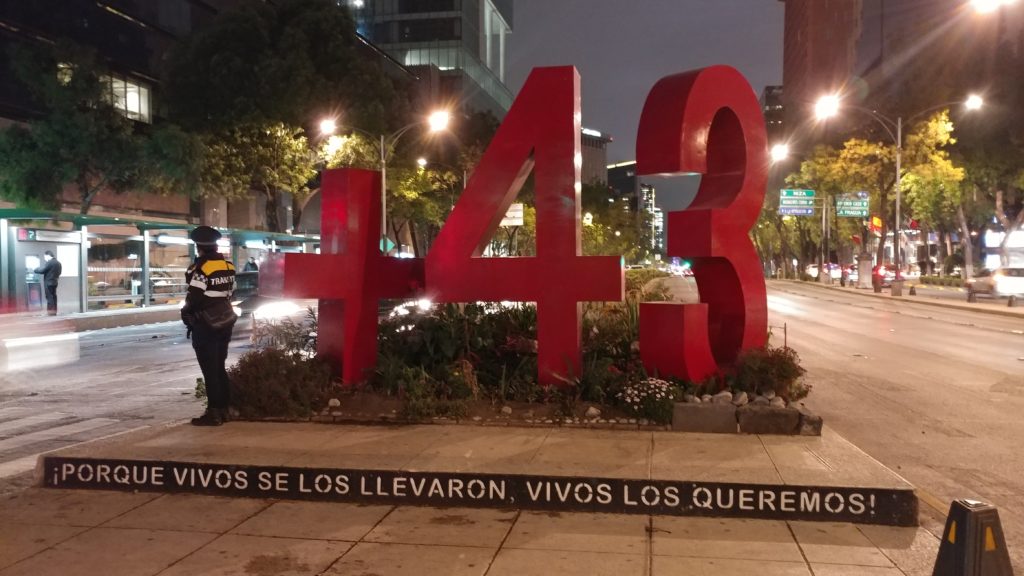
After more than 100 police, soldiers and hitmen collaborated to attack Ayotzinapa students in Iguala, Guerrero, Mexico on the night of Sept. 26-27, 2014–wounding scores, killing 6 people and forcibly disappearing 43 Ayotzinapa students, two successive administrations have done everything in their power–lie, destroy evidence, plant false evidence, torture and kill–to make it impossible to know the full truth about what happened that night, and thus impossible to find the disappeared students. While the cover-up of the Peña Nieto PRI administration (2012-2018) has been exhaustively documented, the reconfigured cover-up of the current López Obrador administration (2018-2024) is still ongoing and more difficult to parse. This is what we will discuss.
JOHN GIBLER,a journalist, author, and activist who writes eloquently and prolifically about Mexico, will speak on the continued lack of accountability for the mass kidnapping and forced disappearance of the 43 students from the Ayotzinapa teachers’ college. His collection of testimonies from Ayotzinapa students who survived the tragedy of September 26, 2014 – which he published as a book, I Couldn’t Even Imagine That They Would Kill Us: An Oral History of the Attacks Against the Students of Ayotzinapa (City Lights, 2017) became and remains the most definitive account of those terrible events from the young men who lived through them.
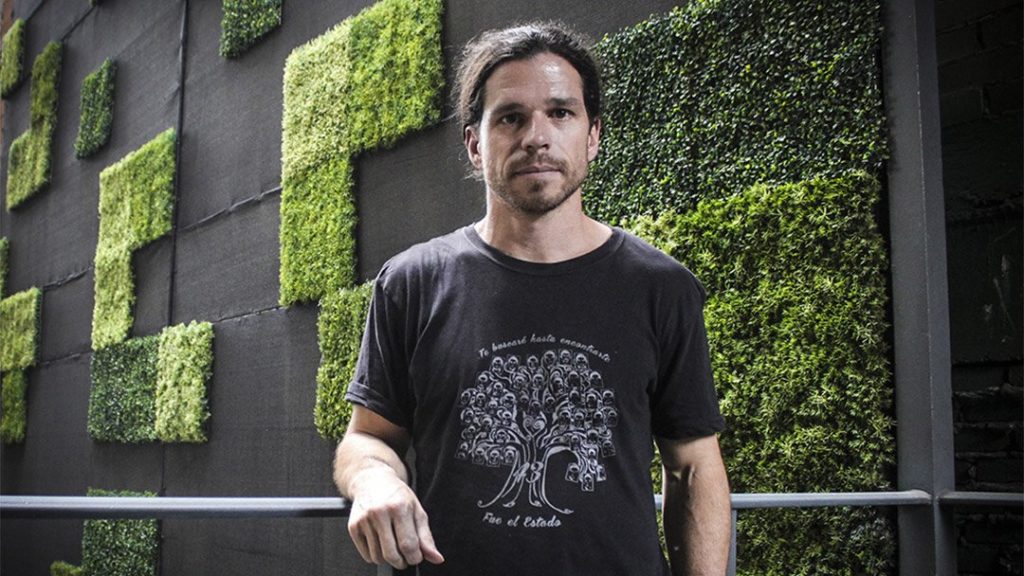
John Gibler lives and writes in Mexico. He is the author of Mexico Unconquered: Chronicles of Power and Revolt (City Lights, 2009), To Die in Mexico: Dispatches From Inside the Drug War (City Lights, 2011), 20 poemas para ser leídos en una balacera (Sur+, 2012), I Couldn’t Even Imagine That They Would Kill Us: An Oral History of the Attacks Against the Students of Ayotzinapa (City Lights, 2017), Torn from the World: A Guerrilla’s Escape from a Secret Prison in Mexico (City Lights, 2018), and La tierra de Vallejo: Un diario de viaje (Pepitas de calabaza, 2022).